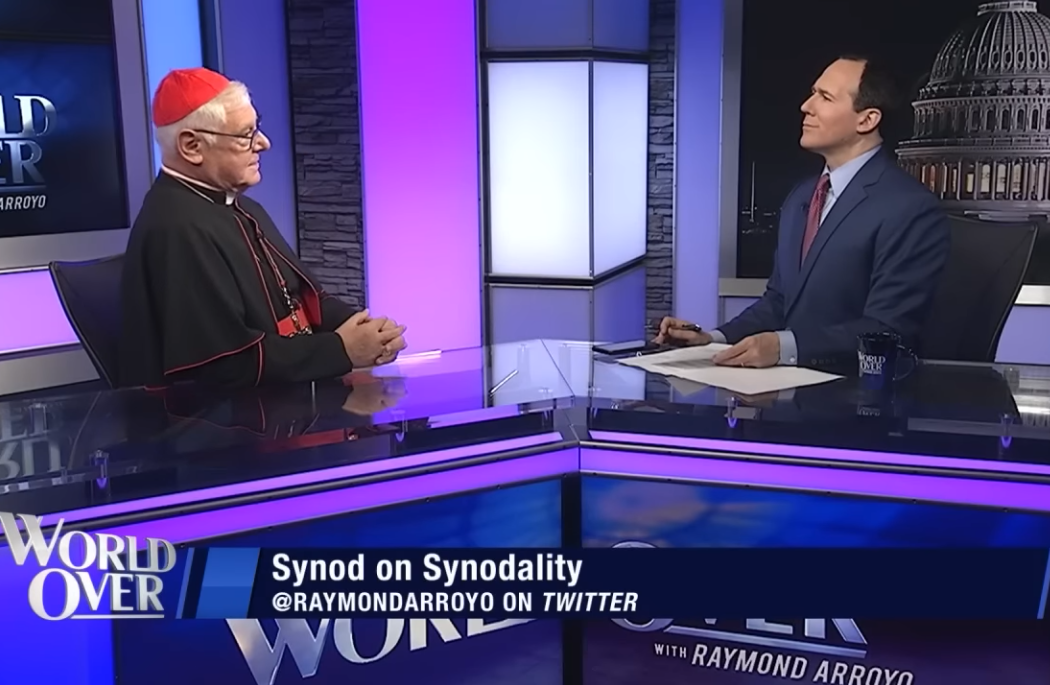
German Cardinal Gerhard Müller appears on Eternal Word Television Network's "The World Over" with host Raymond Arroyo during an Oct. 6, 2022, broadcast. (NCR screenshot/YouTube/EWTN)
In October 2022, viewers of the Eternal Word Television Network (EWTN) were told by German Cardinal Gerhard Müller, formerly one of the Vatican's highest-ranking officials, that Pope Francis' plans for the Synod of Bishops represented a "hostile takeover" of the Catholic Church.
This July, EWTN viewers were told by Fr. Gerald Murray, a canon lawyer and popular commentator, the synod represented a "moment of crisis" for the global church. Those who also read Murray's popular blog at The Catholic Thing would see him describe the synodal process as a "disaster."
Sharp warnings, of the kind that have become more and more frequent in certain Catholic media circles in the months leading up to the Oct. 4 opening of the synod assembly, which will bring hundreds of bishops, priests, religious and lay persons to Rome to discuss a range of topics facing the church.
"This kind of coverage and commentary shows a serious mistrust of the Holy Spirit," said Tony Spence, a longtime Catholic journalist who served as editor-in-chief of Catholic News Service from 2004-16.
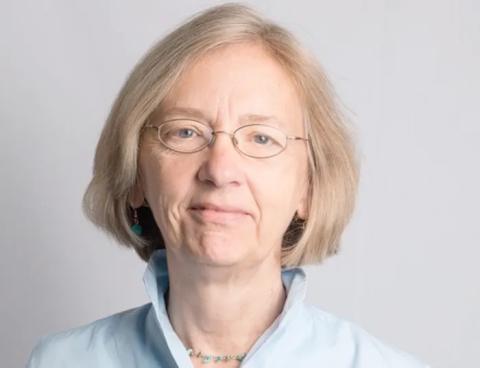
Robin Darling Young, a church historian at the Catholic University of America (Courtesy of Robin Darling Young)
In interviews with NCR, Spence and other longtime Catholic media professionals, as well as theologians and history scholars, pushed back against a narrative in conservative and right-wing Catholic outlets that presents the synod on synodality as an ecclesial boondoggle at best, and a mortal threat to the Catholic Church at worst.
"There is an overreaction going on here, the kind that leads people to deny historical truth," said Robin Darling Young, a church historian at the Catholic University of America who has studied the history of synods in Western Christianity. The historical evidence, Young said, is clear that Christian leaders have been using synods as consultative bodies since the early centuries of Christianity.
"Synods were the decision-making bodies for geographical regions of the church, already before the fourth century," Young said.
Pope Francis has sought to revive that traditional aspect of Christianity in his emphasis on synodality, a theme that reflects a church where the hierarchy consults the lay faithful in open and honest dialogue to collectively discern the church's journey forward through time. Advocates for synodality say it is rooted in the Second Vatican Council's image of the Catholic Church as the "people of God." Francis has said, "It is precisely this path of synodality which God expects of the Church of the third millennium."
The start of the synod assembly in October follows a two-year global consultation process. The assembly, being held Oct. 4-29, is one of two. The second session is scheduled to be held in October 2024.
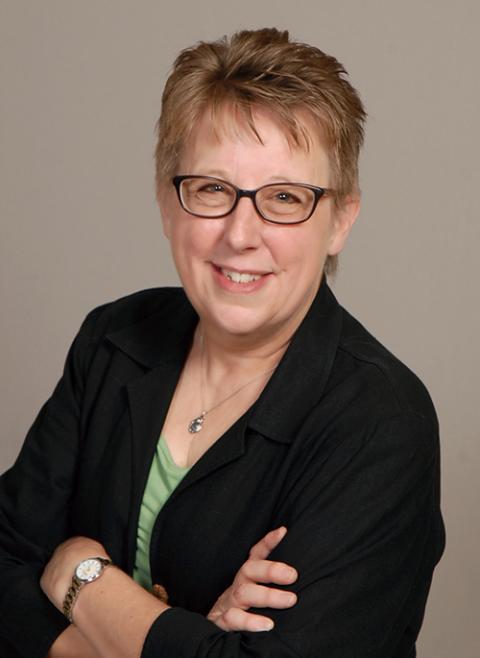
Helen Osman, president of Signis, a lay ecclesial movement for Catholic media professionals (Courtesy of Helen Osman)
In the two-year process of synodal consultations ahead of the first assembly, several sensitive issues emerged, such as how the Catholic Church can better welcome LGBTQ people, reach out to marginalized groups, and incorporate women into leadership positions, including the possibility of ordained ministry.
Helen Osman, president of Signis, a lay ecclesial movement for Catholic media professionals, assisted some locations with organizing the diocesan phase of the synodal process. She described herself as an early synod skeptic.
"The more I got into the synodal process, however, I realized that this is really profound, that this is going back to the roots of our church, going back to the Second Vatican Council and our core teachings," said Osman, who is a consultant for the Vatican's Dicastery for Communication.
Osman told NCR that she doesn't believe sexual issues will be at the forefront when the synod delegates meet, adding that church leaders in the Global South have more pressing issues related to climate change and mass migration caused by environmental degradation and political instability.
"I don't even think we're going to talk about the female diaconate at the synod," Osman said, referring to a potential point of debate at the gathering.
However, the controversial topics that emerged in the global consultations have provided fodder for Francis' conservative critics.
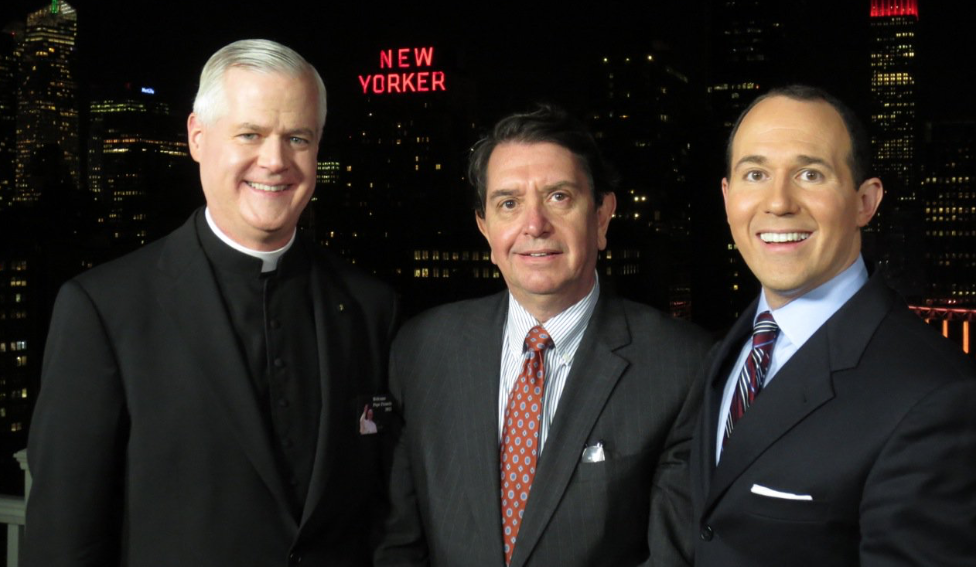
"The Papal Posse," a recurring segment on EWTN's "The World Over," features (l-r) Fr. Gerald Murray, Robert Royal, and the show's anchor, Raymond Arroyo. The segment often dedicates its airtime to criticizing Pope Francis. (YouTube/EWTN)
"I have a feeling that [changing church teaching on homosexuality] is going to be on the agenda at the synod, and this is going to be a moment of crisis for the church," Murray said on the July 13 broadcast of EWTN's "The World Over" live program.
Murray, a regular contributor to that show's "Papal Posse" segment, warned on the same broadcast that the synod was turning into "the synod on homosexuality." Writing for The Catholic Thing blog, Murray has also described the synodal process as a "disaster" and a "long-awaited opportunity" for those who want to bury a Catholicism that is "centered upon the eternal salvation of souls."
In October 2022, Müller, the former prefect for the Vatican's then-named Congregation for the Doctrine of the Faith, appeared on "The World Over." Müller, who has become a vocal critic of Francis, told host Raymond Arroyo that the synodal process amounted to a "hostile takeover of the church of Jesus Christ."
Two weeks later, Arroyo interviewed Auxiliary Bishop Athanasius Schneider of Astana, Kazakhstan, an outspoken traditionalist critic of Francis who said he agreed with Müller's dire assessment. Schneider accused synod organizers of having a predetermined agenda.
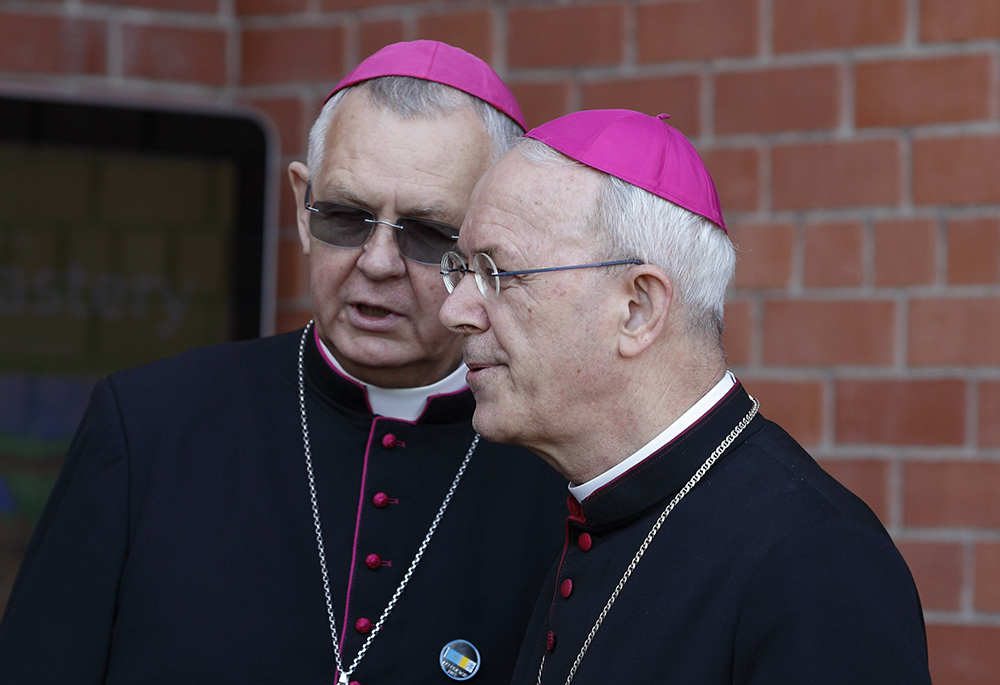
Archbishop Tomasz Peta of the Archdiocese of Maria Santissima in Astana, Kazakhstan, talks with Auxiliary Bishop Athanasius Schneider of the same archdiocese, before Pope Francis' meeting with bishops, priests, deacons, consecrated persons, seminarians and pastoral workers at the cathedral of Our Lady of Perpetual Help in Nur-Sultan, Kazakhstan, Sept. 15, 2022. (CNS/Paul Haring)
On the Oct. 20 broadcast, Arroyo told his viewers that synodality was the "dream" of Cardinal Carlo Maria Martini, a late Jesuit biblical scholar who served as the Archbishop of Milan from 1980-2002. Arroyo described Montini as "a left-wing radical Jesuit" who favored consultative decision-making "rather than revealed truth moving through the hierarchy."
Also raising concerns that laypeople were going to be involved in the synod proceedings, Arroyo on July 13 told his audience that he agreed with Müller: "I fear Cardinal Müller was right. This is a hostile takeover of the Catholic Church with a freestanding institution that has never happened — in the history of Catholicism, never occurred."
Commenting on Arroyo's anti-synod remarks and one-sided interview segments with like-minded Francis critics, Spence said those broadcasts amounted to a "tragedy of irresponsible journalism."
Advertisement
"It's hard to come to any other conclusion other than these right-wing media outlets are seriously responsible for a conversation in the church right now that is really destructive to the efforts to get the synod off the ground," said Spence, who referred to EWTN as "the big culprit" because of that conservative Catholic media conglomerate's global reach through its print, online, television and radio outlets.
Other EWTN news entities often write about the synod by emphasizing the remarks of Vatican officials and bishops who say that the gathering is not intended to change church doctrines, especially those pertaining to sexual morality. The National Catholic Register, the newspaper published by EWTN, also features interviews and blog posts from a Vatican correspondent who highlights the negative views and opinions of synodal critics without journalistic context.
Fr. Raymond de Souza, a journalist, has written columns for the National Catholic Register arguing that synodality is "crashing and burning" in the Anglican Communion and Orthodox traditions. He has also written anti-synod columns in the journal First Things, where he opines that the synod is "a discussion about how to have discussions in the Church" and that it "marks the end" of a dynamic church "permanently in mission" to evangelize, which Francis described in his programmatic 2013 apostolic exhortation, Evangelii Gaudium.
Other mainstream conservative Catholic outlets often publish overtly anti-synod commentary. Catholic World Report, which is published by the conservative Catholic publisher Ignatius Press, has run essays describing the synod on synodality as "Potemkin" and "Orwellian."
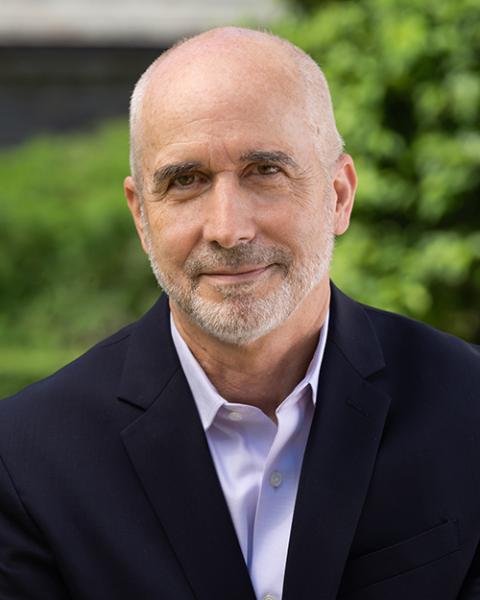
David Gibson, a former journalist who covered the church for decades, now the director for the Center on Religion and Culture at Fordham University (Courtesy of David Gibson)
Conservative and traditionalist-leaning Catholics who read more strident outlets on the right, such as Lifesite News or Church Militant, often see graphics and headlines warning of "synodal disaster" or how the synod's "spiritual poisons" either "take aim" or are "threatening the life of the Church."
"It's a real misinformation, bordering on disinformation, campaign," said David Gibson, a former journalist who covered the Catholic Church for decades, including for six years as a reporter for Religion News Service.
Now the director for the Center on Religion and Culture at Fordham University, Gibson said he believes the "journalistic malpractice" that he sees in how the synod is covered by right-wing outlets tracks with the growing political and cultural polarization in the United States, and the radicalization among some conservative thought leaders that Gibson said is facilitated and encouraged by money and social media.
"I think what it really boils down to is that this reflexive opposition, this reflexively conspiratorial thinking, this reflexively apocalyptic thinking, is their identity as Catholics. They have no other way to think about things in the church or respond," Gibson said.
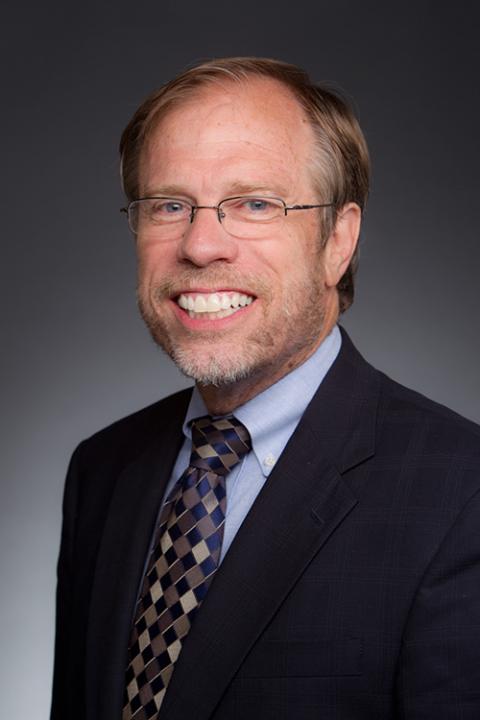
Greg Erlandson, a journalist who served as editor–in-chief of Catholic News Service from 2016 until the bishops eliminated its domestic operations in 2022 (Courtesy of Greg Erlandson)
Greg Erlandson, a career Catholic journalist who succeeded Spence as editor–in-chief of Catholic News Service in 2016 and led the U.S. bishops' official news service until the bishops eliminated its domestic operations in 2022, told NCR that there is a place in Catholic journalism for serious and thoughtful critiques of the synodal process. As examples, he highlighted recent columns by John Allen of the news website Crux and Russell Shaw, a former U.S. bishops' conference spokesman, who wrote Sept. 7 that he was waiting for the synod to happen "before passing final judgment on either its process or its product."
"You do see an overloading of expectations, negative or positive, on the synod itself," said Erlandson, who added that similar criticisms about synodal processes and documents occurred when Pope John Paul II convened synods. But in the Francis era, Erlandson said, the anti-synodal rhetoric is "excitable" and has built off previous controversies over the pope's 2016 apostolic exhortation Amoris Laetitia and his hosting of the Synod of Bishops for the nine-nation Amazon region in 2018.
"I do feel there is a certain kind of negative momentum that is going on right now," Erlandson said.
A major difference that Cathleen Kaveny, a law and theology professor at Boston College, sees between past and present synodal criticisms centers on Francis' moving away from John Paul II's "culture of life/culture of death" paradigm to one of a "culture of encounter," where one's ideological opponents are engaged instead of being defeated.
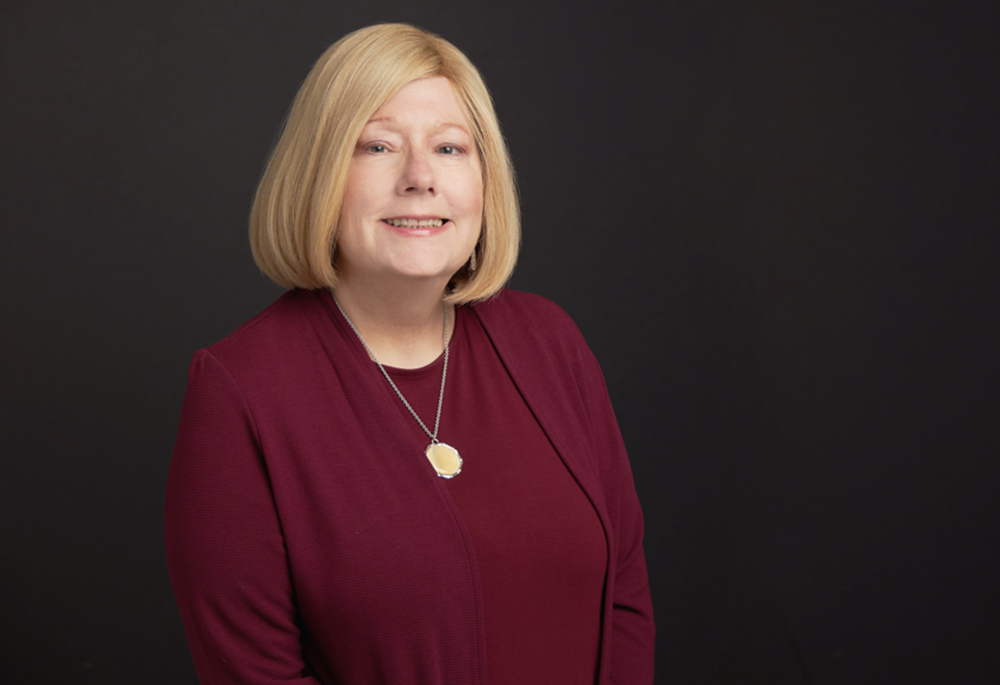
Cathleen Kaveny, a law and theology professor at Boston College (Courtesy of Cathleen Kaveny)
That style of exercising the papacy, Kaveny added, is at the heart of why conservative Catholics, especially in the Anglophone world, have deep misgivings about Francis' ministry and his emphasis on synodality.
"It goes with this deep hermeneutic of suspicion, that whatever the synod is, it's not going to be good because it has an ulterior motive," said Kaveny, who added that she has been surprised by the stridency of some anti-synodal commentary in Catholic media.
Said Kaveny, "I don't think Pope Francis is all that concerned about being the subject of Raymond Arroyo's attacks. But what does it say about the church that the main mode of engaging other people is attacking them?"







